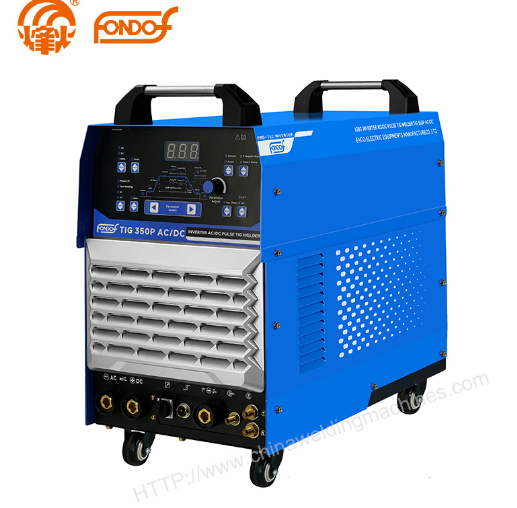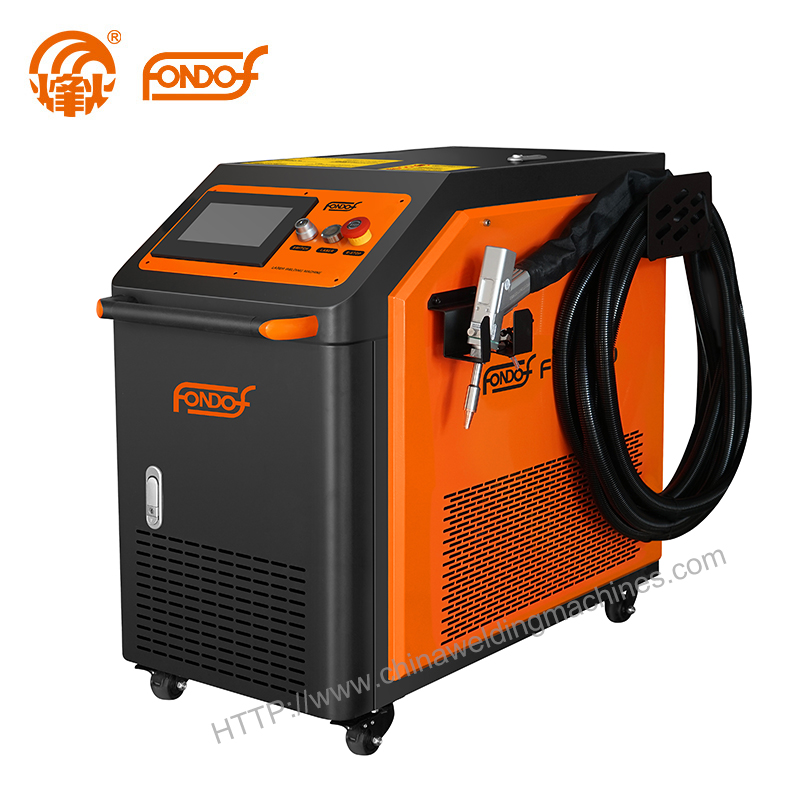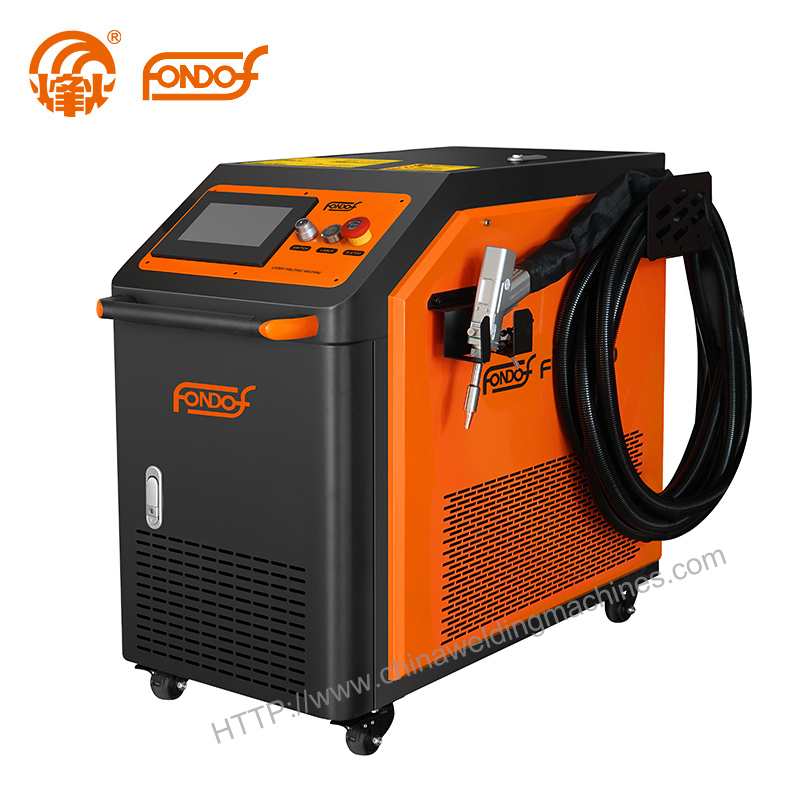Guide for Selecting a TIG Welding Machine
 Oct. 12, 2023
Oct. 12, 2023
Tungsten Inert Gas (TIG) welding is a versatile and precise welding process used in various industries, from aerospace to automotive and beyond. Selecting the right TIG welding machine is crucial for achieving high-quality welds and ensuring efficiency in your welding operations. In this comprehensive guide, we will walk you through the key factors to consider when choosing a TIG welding machine, enabling you to make an informed decision that meets your specific needs.
Types of TIG Welding Machines
1. AC/DC TIG Welders
AC/DC TIG welders are the most versatile type, capable of welding both ferrous (steel, stainless steel) and non-ferrous (aluminum, magnesium) metals. They are particularly suitable for applications where you need to work with a wide range of materials.
2. DC TIG Welders
DC TIG welders are specifically designed for welding ferrous metals. They are often more affordable than AC/DC machines and are a good choice if your work primarily involves steel and stainless steel.
3. Inverter TIG Welders
Inverter TIG welders are more compact, lightweight, and energy-efficient than traditional TIG welders. They offer excellent control and are suitable for both professional and hobbyist welders. Inverter technology is typically found in both AC/DC and DC TIG welders.
Key Factors to Consider
1. Power Output
The power output of a TIG welding machine is measured in amperage. You should choose a machine with a power output that matches the thickness of the materials you intend to weld. Typically, TIG welding machines have a range of 5 to 400 amps, so select one that provides a sufficient range for your applications.
2. AC/DC Capability
If you plan to work with a variety of metals, including aluminum and other non-ferrous materials, opt for an AC/DC TIG welder. It allows you to switch between AC and DC modes, providing flexibility in your welding projects.
3. Duty Cycle
The duty cycle is a critical consideration, especially for professional welders. It indicates how long the welding machine can operate continuously without overheating. A higher duty cycle percentage means the machine can work longer without interruptions.
4. Portability
Consider the weight and size of the TIG welding machine, especially if you need to move it around your workspace frequently. Inverter-based TIG welders are often more portable due to their compact design.
5. Input Voltage
Check the electrical requirements of the TIG welding machine and ensure they match your available power source. Some machines can operate on both 120V and 240V, providing flexibility.
6. User-Friendly Controls
Look for a TIG welding machine with easy-to-use controls and a clear interface. Digital displays and intuitive knobs or buttons can greatly enhance your welding experience.
7. Pulse Functionality
Pulse TIG welding allows for precise control of the heat input, making it ideal for thin materials and critical applications. Having this feature can significantly expand your welding capabilities.
8. Foot Pedal Compatibility
If you require precise amperage control while welding, consider a machine that is compatible with a foot pedal. This feature enables you to adjust the current on the fly, enhancing weld quality.
9. Welding Accessories
Ensure the welding machine comes with essential accessories, such as a TIG torch, ground clamp, and gas regulator. Some packages may also include consumables like tungsten electrodes.
10. Build Quality and Durability
Invest in a TIG welding machine with a robust build and quality components. High-quality machines are more reliable and have a longer lifespan.
Budget Considerations
TIG welding machines are available in a wide price range. Your budget will influence the features and capabilities you can afford. While it's tempting to opt for the most affordable option, consider the long-term value and quality of the machine to ensure it meets your needs.
Conclusion
Selecting the right TIG welding machine is a crucial decision that impacts the quality and efficiency of your welding projects. By considering factors such as power output, AC/DC capability, duty cycle, portability, and user-friendly controls, you can make an informed choice that aligns with your specific requirements. Whether you're a professional welder or a hobbyist, investing in the right TIG welding machine will contribute to successful welding outcomes and long-lasting satisfaction with your welding equipment.





























